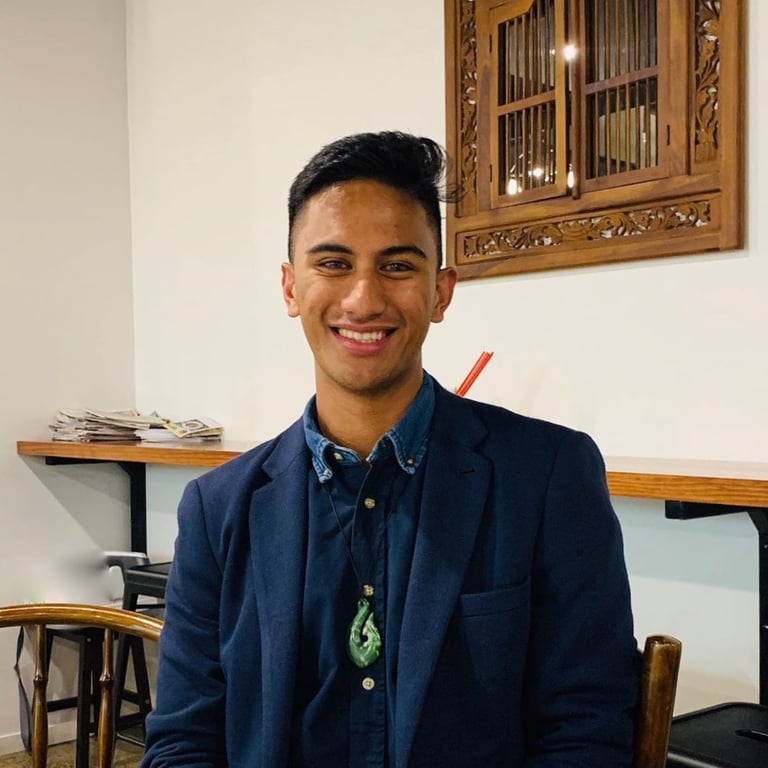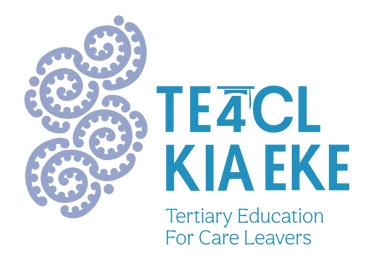Mana


Why did you decide to study in tertiary education?
Over the years I’ve wanted to do different kinds of work which have all respectively required tertiary-level qualifications. While I have achieved degrees in all of those fields, I have focused my efforts on public service roles which for me have a sense of purpose beyond anything else I’ve found so far.
What did find the most challenging?
I think the hardest part for me was coming up with a carefully thought through plan of what career you want to do, and what will make you happy, before you go into study. It’s hard to know what you don’t know.
I think a lot of people think going into tertiary study after school means your life is sorted. But the untold reality for many is that getting through study is only the beginning (and even that can be hard if you’re balancing working full or part time like I was). Getting a job after tertiary study (or during tertiary study) can be really hard, progressing in work can be really hard, and knowing when to go back in for further study to advance your career is equally really hard.
What did you find the most rewarding?
For a start I got jobs that paid well. So studying paid off. However, more importantly it gave me access to opportunities I wanted to do.
It also helped me meet people from totally different backgrounds, who are still my best mates and have forever changed the way I see the world.
What are you doing now?
I’m a Principal Policy Advisor to the Chief People Officer at Health New Zealand, the biggest employer in New Zealand employing over 90,000 people. I help to write policies which aim to train, recruit, retain and develop more medical professionals across the country, get more money in the pockets of nurses, doctors and midwives, and support the development of Māori and Pacific across the workforce.
I’ve worked across the public service for nearly eight years. During this time I've worked in four different Government agencies, and have worked in the Beehive as a Private Secretary to a Minister
What are your future plans?
I’m aiming to travel and work in different Governments around the world, including the United Kingdom, and the United States of America in the White House one day.
What bit of advice would you give to someone care experienced considering tertiary education?
Researching carefully what life would be like if you were to become say a Lawyer, or an Architect go a really long way to ensuring you get the opportunities you want. Make a clear plan of what life could look like. Things like:
Where you want to live,
What value you want to give yourself (think money but also think personal satisfaction of knowing you did some really cool stuff to help some people),
What are the type of people you want to surround yourself with while you’re studying,
Who are the people in your corner who will help you out when things eventually don’t work out (which happened more than I thought they would),
How might you go about paying for your lifestyle while studying,
How do you look after yourself while studying,
How will you get from study to a job and what do you need to apply for.
Making that plan can be really hard, and its something only you can come up with because you have to believe in it. But getting a clear framework like I’ve mentioned above can be really helpful.
What changes would you like to see for care leavers accessing tertiary in the future?
I would love more scholarships to be available. Study is really expensive, and so to is living without earning lots of money. Scholarships can make a tangible difference in whether study is a good idea or not.
The other is having somewhere safe to live while studying. Not everyone is so lucky to land a flat with good people while studying, not everybody (like me) enjoys that party lifestyle that so many people do. Creating housing opportunities can mean people can focus on their studies and give them the greatest chance for success.
Not all Course Administrators (the lecturer or Kaiako) are made equal. Some can be really good, others can be pretty harsh. I think we can also change the conditions for people who have lived experience of the care system through study to get more support, including mentoring, assignment review and assistance. It’s not always easy asking for help while in study. Especially when you feel alone. Having programmes and places people can go with their questions and their issues can make the difference between succeeding and loving study, or study being traumatising.


